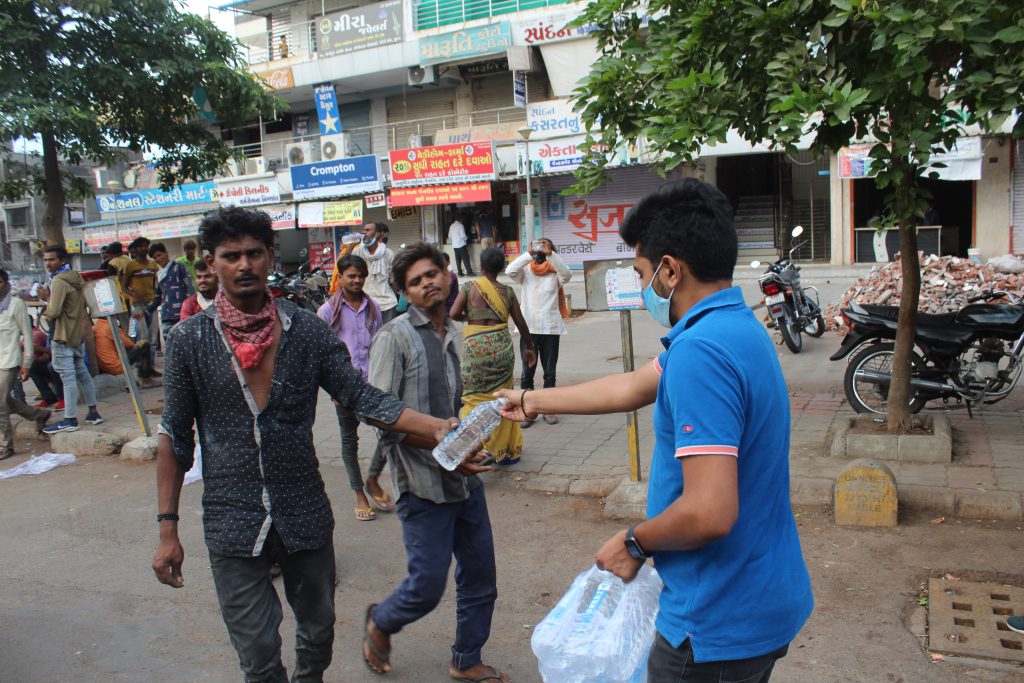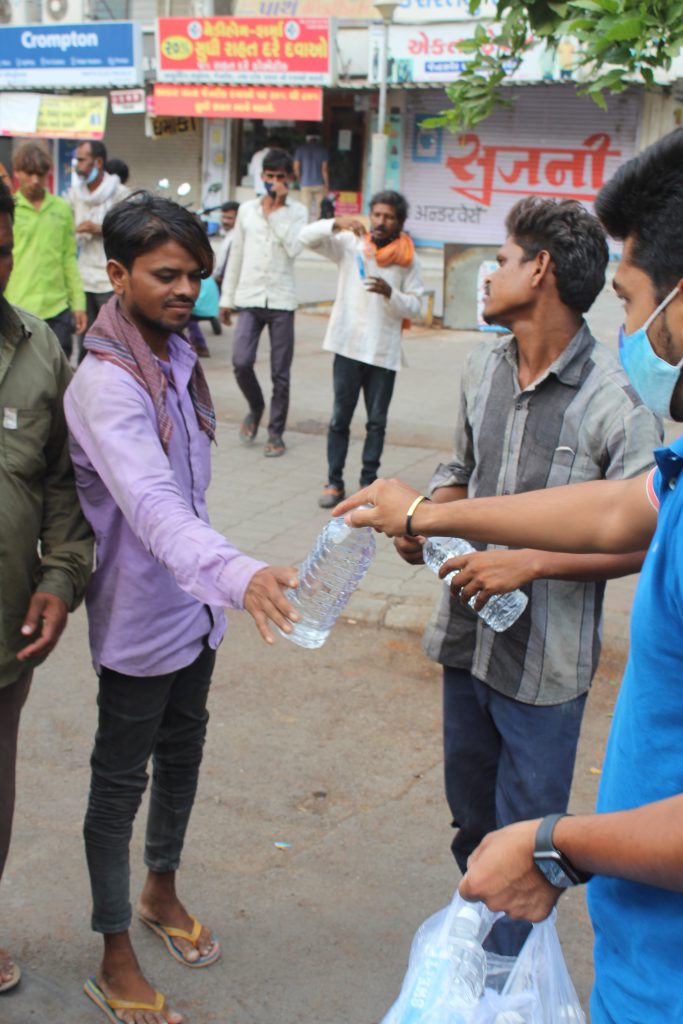Charity Cricket Match
Cricket is a popular game played in many countries around the world, including the United Kingdom, India, and Australia. Cricket is a well-known outdoor game played on a global and public scale in many parts of the globe. This is one of the most eye-catching games that kids and adults like to play in India. India is a country of 1.39 Billion people, nearly 28% are poor and 6% do not have access to safe drinking water. India needs to overcome this common problem. Awareness and education, for example, help people understand the importance of water and help them in the long run. So my friends and I took the lead in hosting a cricket match to collect money from the match for the unprivileged.
LO 1: Identify your own strengths and develop areas for growth.
My one drawback was that I didn’t know cricket as much as I knew about other sports like soccer and volleyball. Because of my experience as the school’s events captain, I had confidence in my leadership. I knew the ins and outs of organizing an event.
To begin arranging the event, I attempted to take the lead in organizing the match, but because I had no interest in cricket, my peer assisted me in organizing the match and establishing ground regulations because it was [played on turf with limited space]. However, I learned a lot about bowling, batting, and fielding while playing cricket.
LO 2 : Demonstrate that challenges have been undertaken, developing new skills in the process.
The most difficult difficulty we had was holding the match during the Covid-19 outbreak, with its restrictions on people’s safety and turf inaccessibility due to pre-scheduled timings. We made safety a top priority for this charity cricket event, so we planned to have hand sanitizers and mask posters at every turn to keep everyone safe. The second issue arose from a lack of interest from teams due to a lack of resources to conduct a proper match, resulting in fewer participation and subsequently reversing our choice to book weekend timings.
LO 3: Demonstrate how to initiate and plan a CAS Experiences
For this project, I made a rough plan of possible sports that can be played and how much each time will each sport take to conduct. I had my peers adjust their suitable timings and then checked for available time slots on the turf once the sport was selected. Once the sport was confirmed then I along with my teammates chose the best possible time to giveaway the bottles which would be in the afternoon because of the scorching sun.
LO 4 : Show commitment to and perseverance in CAS experiences
The most important driving factor is time allocation delay, as it is difficult to find a time when everyone would be free. There was a time when I felt like canceling the event, but luckily I didn’t give up and everything went as planned.
LO5: Demonstrate the skills and recognize the benefits of working collaboratively
Working together as a team is definitely very helpful as you can divide the tasks among yourselves, making workload easier and increasing the quality of work, as one individual isn’t under the constant pressure of the time limit. You should also list the possible suggestions, and later on, you can eliminate one and come up with the most workable yet intuitive solutions for our charity cricket match.
LO6: Demonstrate engagement with issues of global significance
Local influences are mirrored by global influences. In our situation, water is a basic requirement for the poor people who do not have access to safe drinking water. It’s heartbreaking to watch individuals unable to purchase even water, a basic necessity in our everyday lives, let alone any type of food, from plain to opulent. Our CAS project would provide water bottles to the impoverished who do not have access to clean water, using money raised through charity matches to help giveaway water bottles to the underprivileged. Even if it has a minor impact on the poor, we hope that it will encourage someone else to do something similar for the impoverished in their city.
LO7: Recognize and consider the ethics of choices and actions
The first and most pressing ethical concern is the choosing of underprivileged locals based on who we initially observed. To close this ethical gap in the CAS project, we are comfortable sharing resources with those who do not, as we believe that “sharing is caring.” preventing conflicts among communities since one has more resources than the other.
Evidence:


